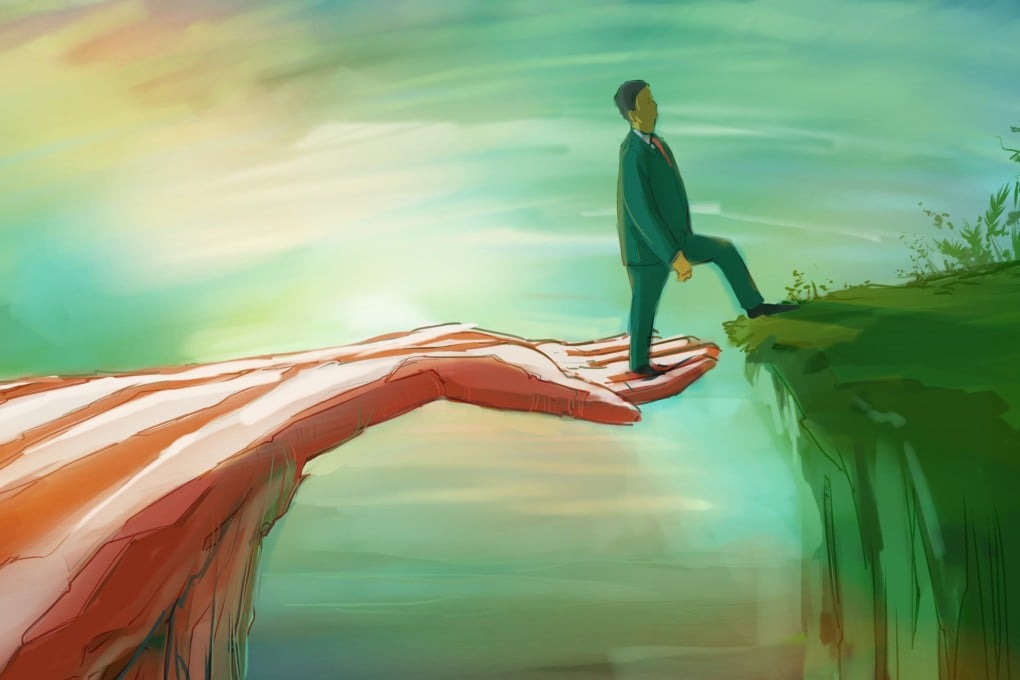Advertisement
Opinion | Xi Jinping’s China is ignoring the role the US, and others, played in its rise to economic glory
- Chi Wang says China, under the leadership of Xi Jinping, is diminishing the roles that Deng Xiaoping and foreign countries played in its reform and rise. In reality, it relied on the fair market access that it now denies other countries
Reading Time:4 minutes
Why you can trust SCMP

I left my home in China in 1949, nearly 70 years ago. I thought I would just be studying in the United States before returning to China. But events beyond my control – the Communist victory over the Nationalists soon after I arrived in the US, the escalation of the cold war, and the Korean war – kept me in the US. I quickly built a life in America, became an American citizen, and pursued my own version of the American dream. All the while, China was morphing into a country I would hardly recognise when I was first able to return in 1972. And the China of 1972 would, again, seem entirely foreign to those viewing China today.
Advertisement
The vast changes China has gone through over the decades are difficult to wrap one’s head around, especially for those who did not live through them. How does a country that has changed so drastically reconcile its identity today with that in the past? What role should history play in today’s policy? How should past events be used to craft the present-day narrative?
For China, this is a decision made at the highest level of government. The Communist Party leadership sets guidance and restrictions on media reporting and school lessons. It carefully constructs and aligns the narrative with its goals, to fortify the power and legitimacy of the party. It emphasises certain facets of events, while overlooking others. In practice, this leads to a propagandist narrative in which the Communist Party has valiantly led the country out of the century of humiliation, spearheaded economic growth, and reclaimed China’s historic position as a world power.
The official rhetoric out of China today, coupled with the country’s more aggressive and combative behaviour under the leadership of President Xi Jinping, displays a China that is preoccupied with showing its current strength, while at the same time overlooking what went into achieving it in the first place. This year marks the 40th anniversary of Deng Xiaoping’s economic reform policies. Seemingly, this would be the perfect time to reflect on not only how far China has come in the past decades, but on the efforts and policies behind it. However, that has not been the case.
An exhibition remembering China’s reforms at the National Museum of Art in Beijing gave Xi’s father, Xi Zhongxun, pride of place over Deng in paintings. I met Xi Zhongxun in the 1980s, when I hosted a dinner for several Chinese provincial governors visiting Washington state. While he was a great man, his contributions to China surely do not outweigh those of Deng. Similarly, an exhibition in Shenzhen closed for renovations, only to reopen with Xi Jinping featured more heavily than the actual architect of reforms. Over all, the theme of the 40th anniversary celebrations was “Carrying the reform and opening-up through to the end”, placing extra emphasis on the continued efforts of the Communist Party, specifically since the 18th National Congress at which Xi came to power.
Advertisement

Advertisement
